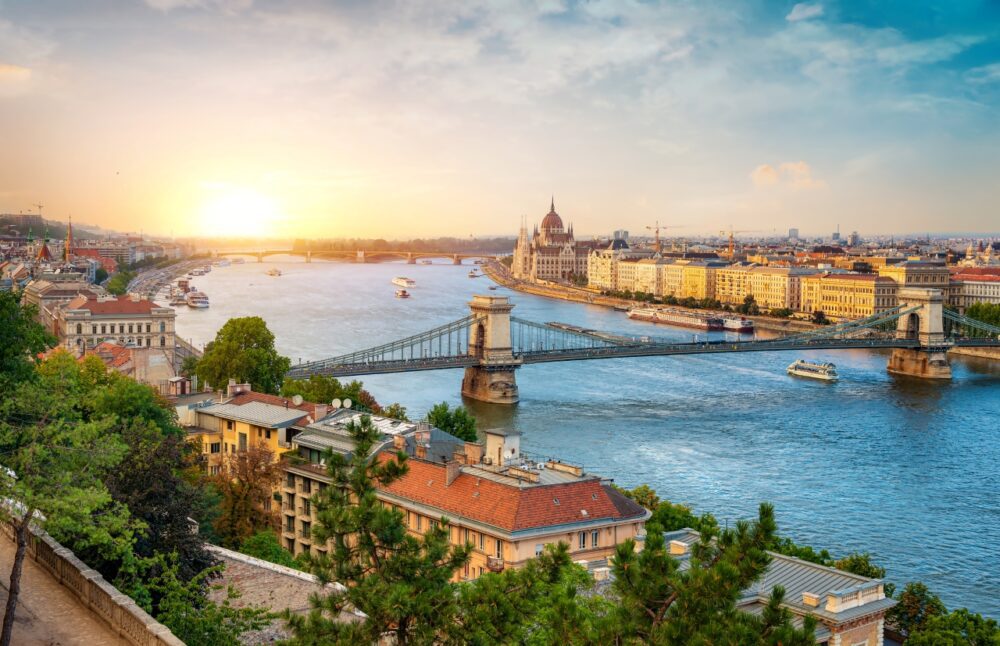
Is Budapest worth visiting? Absolutely! The first time I visited Budapest, I was swept away by its charm and grandeur. Walking along the Danube River, with the iconic Parliament building on one side and the majestic Buda Castle on the other, I quickly realised why this city is often called the “Paris of the East.” Whether I was soaking in a thermal bath or exploring the ruin bars of the Jewish Quarter, Budapest offered a perfect mix of history, relaxation, and vibrant nightlife.
Located in the heart of Hungary, Budapest is a city that straddles two worlds—literally. Buda, with its hilltop castles and sweeping views, offers old-world elegance, while Pest hums with energy, from its bustling markets to its lively cafés. Famous for its thermal baths, stunning architecture, and delicious cuisine (don’t miss the goulash!), Budapest has something to offer every kind of traveller. It’s a city where the past and present blend seamlessly, creating a destination that’s as captivating as it is accessible. But is Budapest worth visiting for you?
In this blog post, we’ll uncover the top 10 reasons why Budapest should be on your travel list, from its iconic landmarks to its local delights. Plus, we’ll share travel tips to help you make the most of your trip. Keep reading to discover why Budapest might just become your favourite European city.
Table of Contents
Pros – Reasons You Should Visit Budapest
1. Iconic Thermal Baths
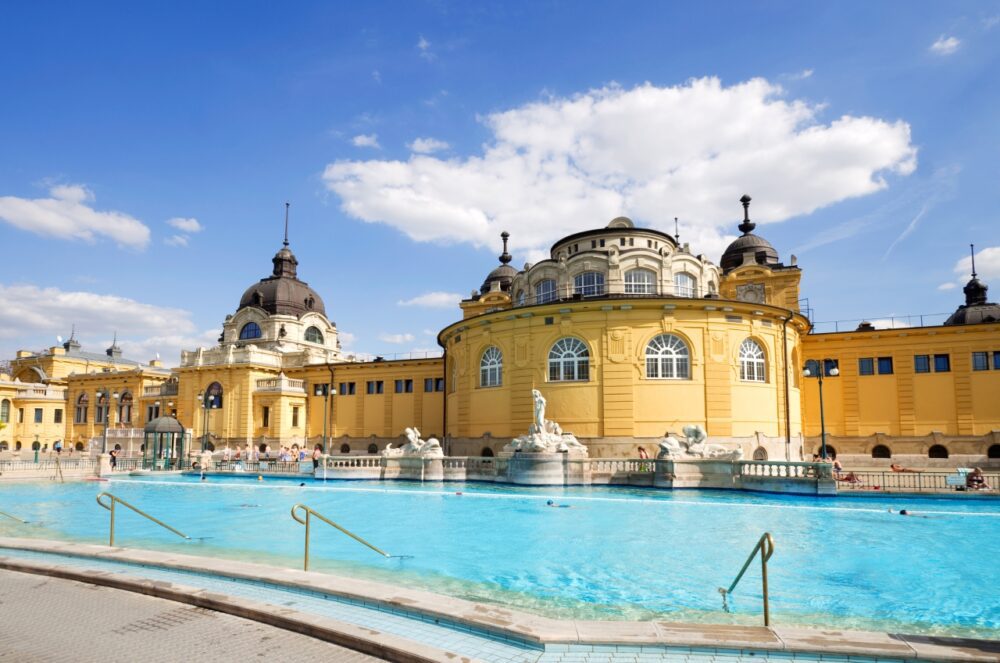
Budapest is often called the “City of Spas” for a reason. With dozens of thermal baths fed by natural hot springs, the city offers a unique experience that combines relaxation and history. The grand Széchenyi Thermal Bath is one of the most famous, with outdoor pools surrounded by elegant yellow architecture.
I spent a blissful afternoon at Széchenyi, soaking in the warm waters while locals played chess on floating boards. The atmosphere was lively yet peaceful, and it was a perfect escape after a long day of sightseeing. If you’re after a more intimate setting, try the Gellért Baths, known for their stunning Art Nouveau design.
2. Stunning Architecture
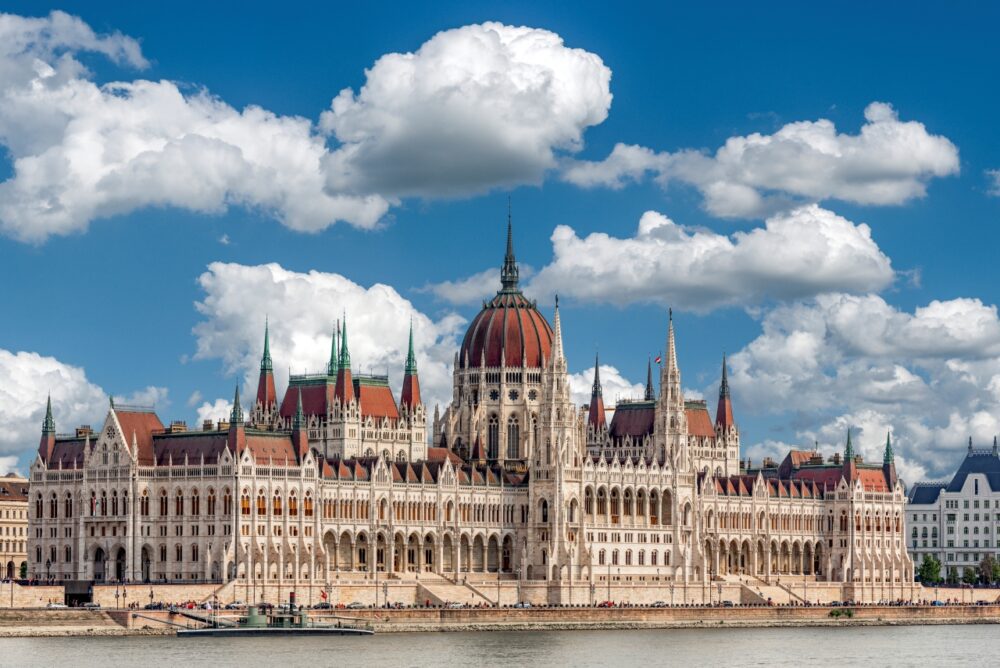
Budapest’s architecture is a feast for the eyes, blending Gothic, Baroque, and Art Nouveau styles. The Hungarian Parliament Building is a masterpiece, its intricate spires and riverside location making it one of the most photographed landmarks in the city.
I took a boat ride along the Danube at sunset, and seeing the Parliament illuminated was unforgettable. Don’t miss exploring Buda Castle and Fisherman’s Bastion for equally impressive views and designs. Even wandering the streets reveals architectural gems, from grand facades to hidden courtyards.
3. Affordable Luxury
Compared to other European capitals, Budapest is incredibly budget-friendly. You can enjoy high-quality dining, accommodation, and experiences without breaking the bank. From boutique hotels to gourmet meals, the city offers great value.
I stayed in a charming apartment near the Danube for a fraction of what it would cost in Paris or London. Dining out was equally affordable—I had a delicious three-course Hungarian meal at Café Kör for less than €20. Budapest proves that luxury doesn’t always come with a hefty price tag.
4. Vibrant Ruin Bars
Budapest is home to a unique nightlife scene, and its ruin bars are the stars of the show. These quirky venues are housed in abandoned buildings, decorated with mismatched furniture, graffiti, and vintage finds. Szimpla Kert, the original ruin bar, is a must-visit.
I spent an evening at Szimpla Kert, wandering through its maze of eclectic rooms and sipping on local craft beer. The energy was infectious, with live music in one corner and art installations in another. If you’re into nightlife with a creative twist, Budapest’s ruin bars won’t disappoint.
5. Panoramic Views
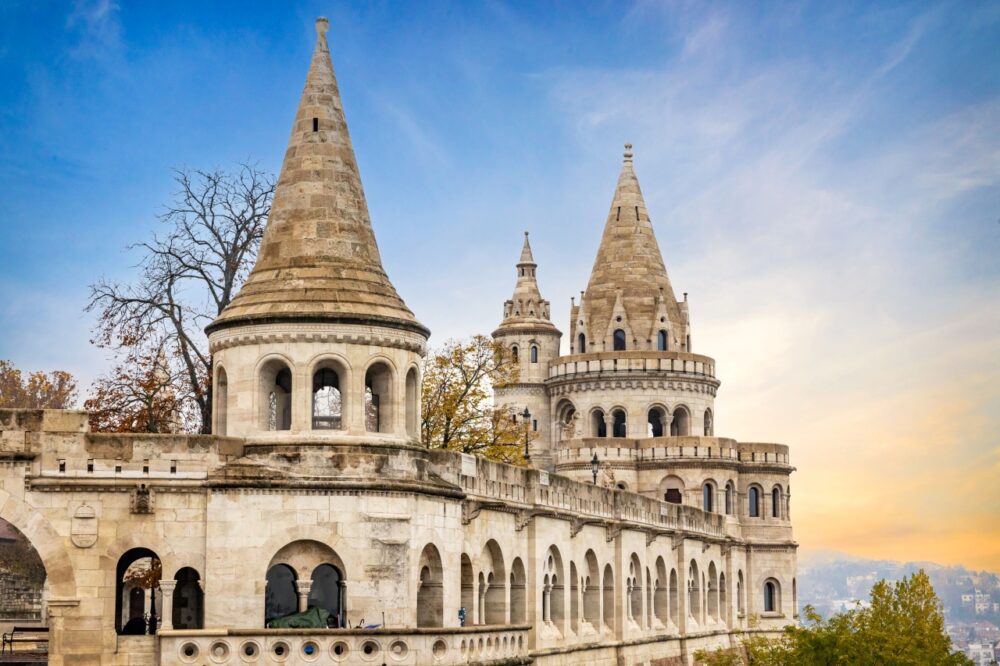
With its hills and riverbanks, Budapest offers plenty of spots for breathtaking views. The top of Gellért Hill provides a stunning panorama of the city, while Fisherman’s Bastion is perfect for admiring the Parliament and the Danube.
I climbed Gellért Hill early in the morning, and the view was worth every step. Watching the city wake up from above was a serene experience. For a more leisurely option, take the Budapest Eye Ferris Wheel in Erzsébet Square for fantastic views without the hike.
6. Rich History
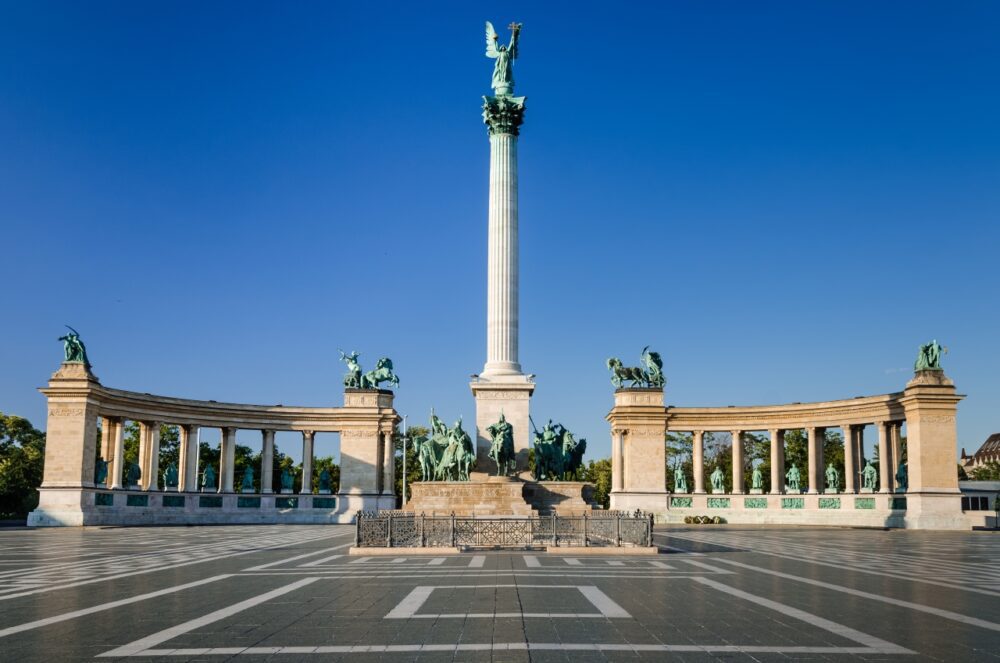
Budapest’s history is woven into its streets, from Roman ruins to the scars of World War II and Soviet rule. The House of Terror Museum offers a moving exploration of the city’s turbulent 20th century, while Heroes’ Square celebrates Hungary’s long heritage.
Walking along Andrássy Avenue, I felt the weight of the city’s past, particularly at the memorials along the Danube, like the Shoes on the Danube Bank. It’s a powerful reminder of Budapest’s resilience and its journey through history.
7. Delicious Hungarian Cuisine
Budapest is a foodie’s paradise, with hearty dishes like goulash, chicken paprikash, and langos (fried dough topped with cheese and sour cream). The city’s markets, such as Great Market Hall, are fantastic places to sample local flavours.
I tried goulash at Hungarikum Bisztró, and it was the perfect blend of rich spices and tender meat. The market stalls were equally tempting—I couldn’t resist the chimney cakes, a sweet treat that pairs wonderfully with a strong Hungarian coffee.
8. Relaxed River Cruises
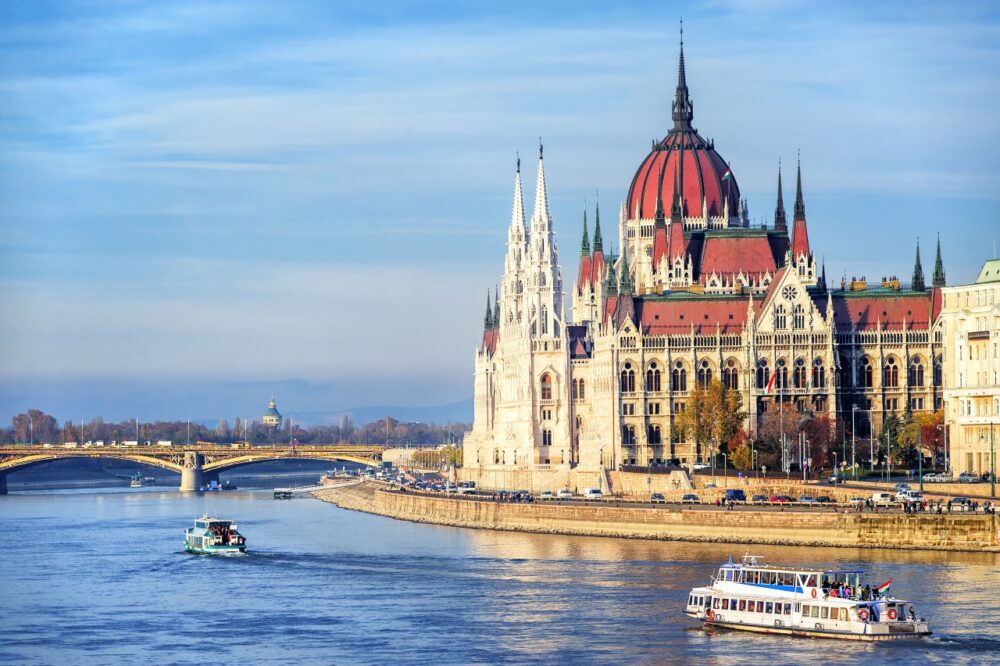
The Danube River is the heart of Budapest, and a river cruise is one of the best ways to experience the city. From budget-friendly ferries to elegant dinner cruises, there’s an option for every traveller.
I opted for a sunset cruise, and it was magical watching the city light up as the boat passed under iconic bridges like Chain Bridge and Liberty Bridge. It’s a relaxing way to see the city’s landmarks from a different perspective.
9. Artistic and Cultural Scene
Budapest boasts a thriving cultural scene, with grand opera houses, concert halls, and a dynamic arts community. The Hungarian State Opera House is a jewel, and the city regularly hosts festivals celebrating music, theatre, and dance.
I attended a performance at the Opera House, and the opulent interior was as impressive as the show itself. For something more contemporary, check out Müpa Budapest, a modern cultural centre that hosts world-class events.
10. Friendly and Welcoming Locals
Despite being a major city, Budapest retains a welcoming, down-to-earth vibe. Locals are often happy to share tips, recommend restaurants, or chat about their city. English is widely spoken, making it easy for visitors to navigate.
During my trip, I struck up a conversation with a market vendor who offered me free samples of paprika and shared cooking tips for Hungarian dishes. This kind of friendliness adds a personal touch to any visit.
Cons – Things to Consider When Visiting Budapest
1. Crowds at Popular Attractions
Budapest’s beauty and affordability mean it attracts plenty of visitors, especially in summer. Landmarks like the Parliament Building, Széchenyi Baths, and Buda Castle can get crowded, which might detract from the experience.
When I visited Széchenyi Baths, it was hard to find a quiet spot in the pools during peak hours. Arriving early in the morning or booking tickets in advance can help you beat the crowds. If you prefer a more peaceful atmosphere, consider visiting in the shoulder season.
2. Extreme Weather
Budapest experiences cold winters and hot summers, which may not suit every traveller. Winter temperatures can drop below freezing, while summer can be uncomfortably warm, especially in the city centre.
I visited in July, and the heat was intense, making afternoon sightseeing a challenge. Carrying a water bottle and taking breaks in air-conditioned cafes helped. Spring and autumn are ideal for milder weather and fewer tourists.
3. Limited Accessibility
While Budapest’s public transport system is extensive, not all areas are wheelchair-friendly or easily accessible for those with mobility issues. Some attractions, like Buda Castle and Gellért Hill, require climbing stairs or steep paths.
I noticed that while newer metro stations were equipped with elevators, many older ones weren’t. If accessibility is a concern, research your routes and attractions in advance to ensure a smoother visit.
4. Pickpocketing in Crowded Areas
Like many tourist hubs, Budapest has occasional issues with pickpocketing in busy areas, such as markets, transport hubs, and crowded attractions. Keeping an eye on your belongings is essential.
I kept my valuables in a secure crossbody bag and avoided carrying too much cash, which gave me peace of mind. Staying alert and using common sense can help you avoid any unpleasant surprises.
5. Language Barriers in Some Areas
While English is widely spoken in tourist areas, you might encounter language barriers in local markets or less-visited neighbourhoods. Hungarian is a challenging language for non-speakers, which can make communication tricky at times.
In smaller restaurants, I relied on Google Translate to decipher menus, which worked well. Learning a few basic phrases, like “hello” (szia) and “thank you” (köszönöm), can go a long way in creating positive interactions.
When to Visit Budapest
The best times to visit Budapest are spring (April to June) and autumn (September to October), when the weather is pleasant, and the city’s parks, riverside promenades, and open-air cafes are at their best. These months also host cultural events like the Budapest Spring Festival and Budapest Wine Festival. Summer (July and August) is vibrant, with warm days perfect for enjoying the city’s famous baths and nightlife, though it can be crowded. Winter (November to February) is quieter and atmospheric, with the city’s Christmas markets, thermal baths, and festive lights creating a magical experience.
How to Get to Budapest
Budapest Ferenc Liszt International Airport (BUD) is the main gateway, located 16 kilometres southeast of the city centre. It offers direct flights from major airlines like Lufthansa, British Airways, and Ryanair. From the airport, the 100E airport shuttle bus provides an affordable and direct route to the city centre, while taxis and rideshares are quicker but more expensive. Budapest is also a major hub for European rail travel, with connections to Vienna, Prague, and beyond. Long-distance buses, including services from FlixBus, also make the city accessible from other Central European destinations.
Where to Stay in Budapest
Budapest offers a variety of accommodation options in its distinctive districts:
- Luxury: Castle District (Buda) – Stay near the iconic Buda Castle with panoramic views of the Danube. Options like the Four Seasons Hotel Gresham Palace and Hilton Budapest offer opulent stays with historic charm.
- Mid-range: Pest City Centre – Close to landmarks like St. Stephen’s Basilica and the Hungarian Parliament. Consider Hotel Clark Budapest or Aria Hotel Budapest, which blend comfort with central locations.
- Budget: District VII (Jewish Quarter) – A vibrant area known for its ruin bars and youthful vibe. Affordable options like Wombat’s City Hostel Budapest and Maverick City Lodge are perfect for budget-conscious travellers.
Getting Around Budapest
Budapest’s BKK public transport network is efficient and includes metro lines, trams, buses, and trolleybuses. The Metro Line 1, a UNESCO World Heritage site itself, connects key attractions like Heroes’ Square and Andrassy Avenue. Trams 2 and 4/6 are particularly scenic, offering views of the Danube and key landmarks. Single tickets and day passes are affordable and widely available. The city also has a MOL Bubi bike-sharing system, which is ideal for cycling along the Danube or exploring Margaret Island. Walking is highly recommended in central areas, as many landmarks are close together, and taxis or rideshares are best used sparingly due to traffic and higher costs.
How Long to Spend in Budapest
Three to four days is ideal for experiencing Budapest’s highlights, including the Buda Castle, Parliament Building, Széchenyi Baths, and a Danube river cruise. This allows time to explore both the Buda and Pest sides, enjoy the city’s vibrant ruin bars, and sample Hungarian cuisine at the Great Market Hall. With an extra day, consider a day trip to Szentendre, Eger, or the Danube Bend. Budapest’s rich history, thermal baths, and lively culture ensure that even a short stay will be packed with unforgettable experiences.
Conclusion
So, is Budapest worth visiting? Absolutely! With its stunning architecture, historic landmarks, and unique attractions like the thermal baths and ruin bars, Budapest offers an unforgettable travel experience. Highlights like the Chain Bridge, Fisherman’s Bastion, and the vibrant streets of Pest make it a must-visit destination. While the city can get crowded during peak season, its affordability and charm more than make up for it. If you’re ready to explore Hungary’s magnificent capital, start planning your trip to Budapest today—you won’t regret it!
